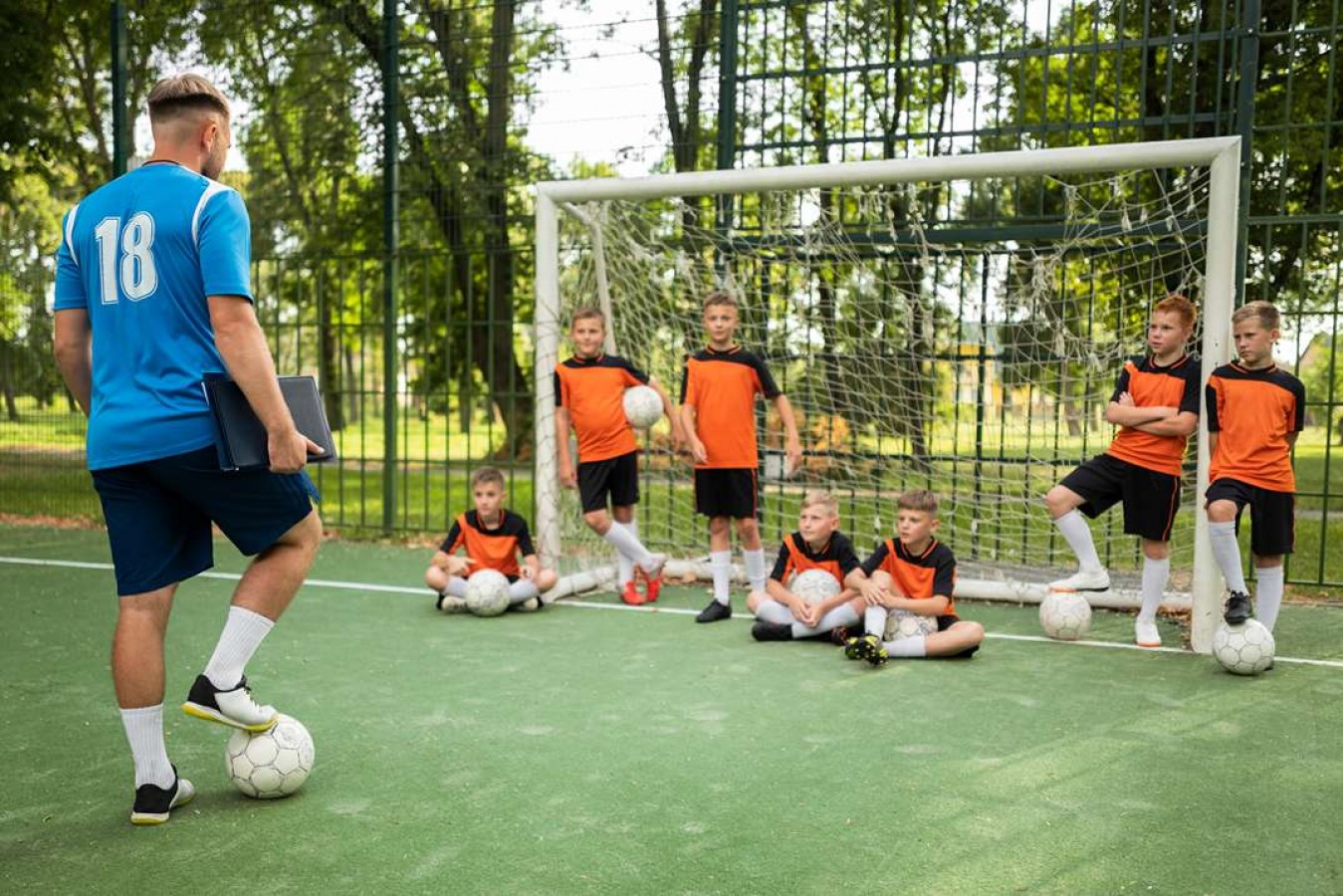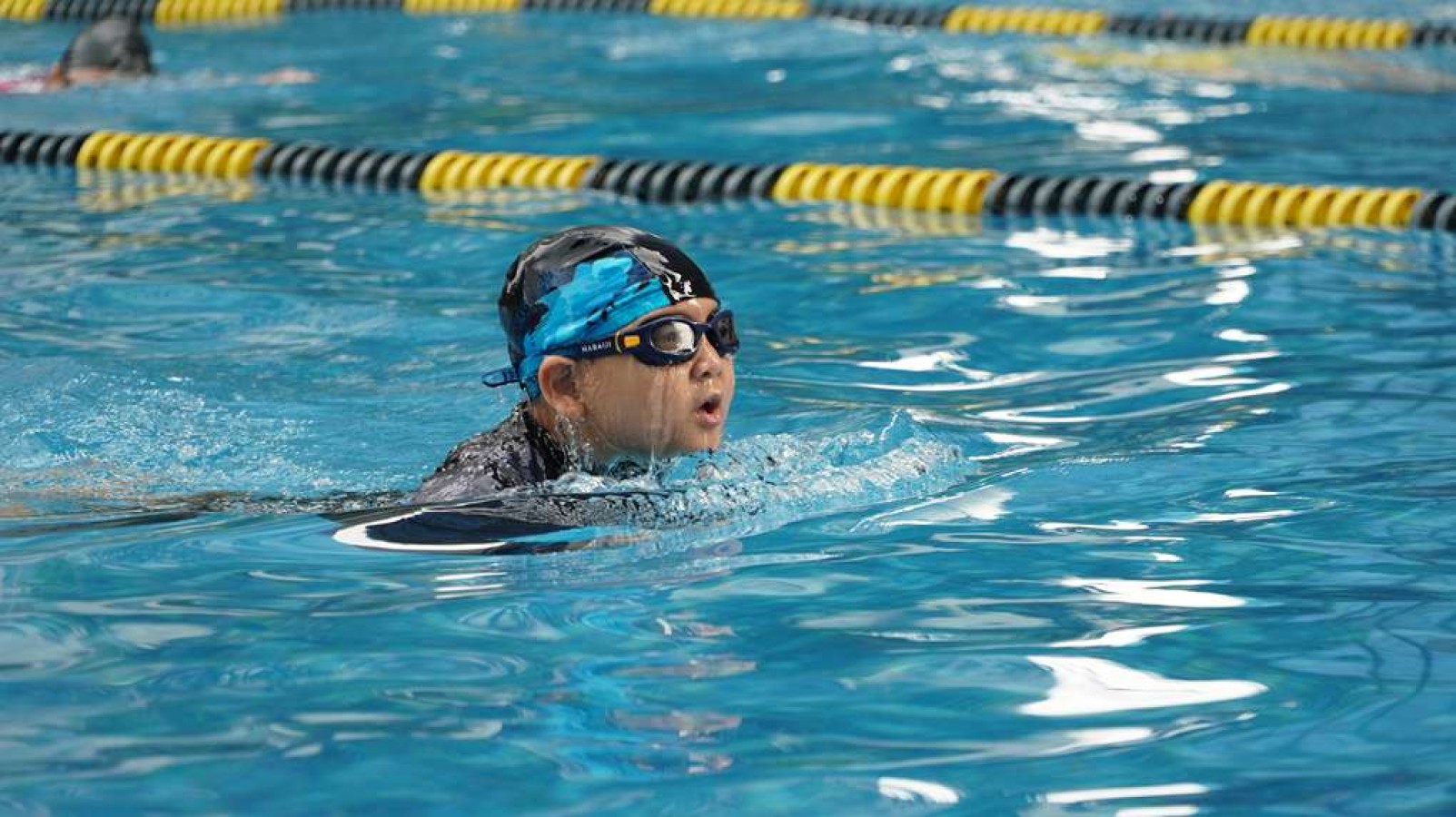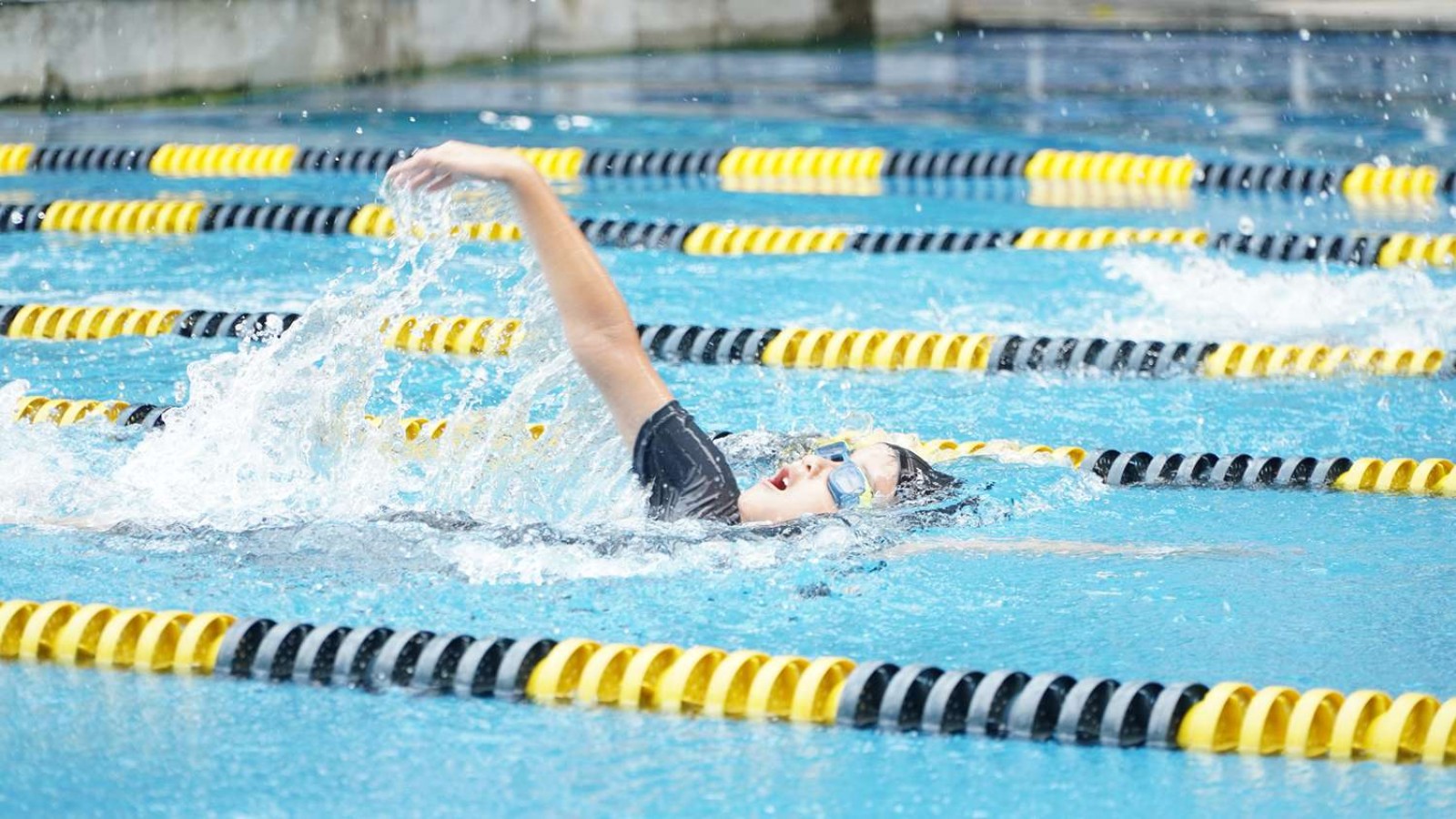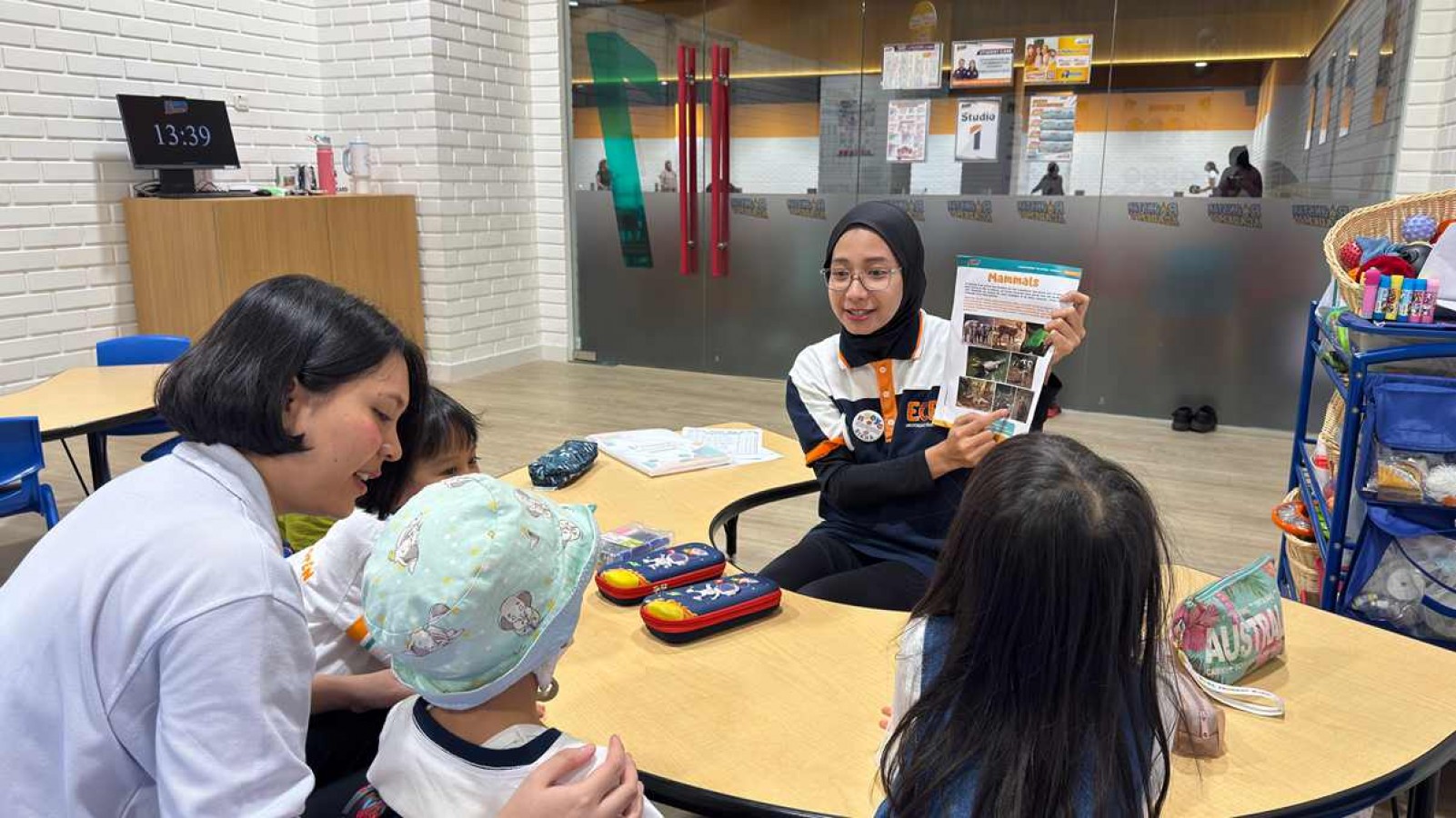Basic Futsal Position, Roles, and Responsibilities

Futsal, a fast-paced and dynamic variant of football, places unique demands on players due to the smaller pitch size and fewer players on each team. Understanding the basic futsal positions, along with their roles and responsibilities, is fundamental for success in this thrilling sport.
In this article, we will delve into the distinct positions in futsal, exploring the specific roles each player undertakes and the responsibilities they shoulder on the court.
Basic Futsal Position, Roles and Responsibilities
Before starting a sport, it's important to find out about the positions that apply to that particular sport. Futsal has 5 different positions, each with unique roles and responsibilities. This is to maximize the game on the field, increasing the likelihood of scoring goals or minimizing the chances of your goal being breached. Here are the futsal positions along with their roles and responsibilities:
1. Goalkeeper (GK)
The goalkeeper is the last line of defense in futsal, playing a pivotal role in preventing the opposing team from scoring. Key responsibilities and roles of a futsal goalkeeper include:
- Shot Stopping: Goalkeepers must exhibit quick reflexes and excellent shot-stopping abilities to deny scoring opportunities.
- Distribution: Precise passing and distribution skills are crucial for goalkeepers to initiate quick counterattacks or controlled build-up play.
- Communication: Goalkeepers act as on-field organizers, providing instructions to the defense and maintaining constant communication.
2. Defender
Defenders play a critical role in both preventing goals and contributing to offensive plays. Key responsibilities and roles of futsal defenders include:
- Marking: Defenders must mark opposing players tightly to impede their movements and limit scoring chances.
- Interceptions: Anticipating passes and intercepting the ball are essential skills to regain possession and launch counterattacks.
- Support in Attack: Defenders often contribute to offensive play by making overlapping runs, providing passing options, and taking shots when opportunities arise.
3. Pivot
The pivot is a versatile position that involves both defensive and offensive responsibilities. Key roles and responsibilities of a futsal pivot include:
- Hold-up Play: Pivots use their physical presence to shield the ball, allowing teammates to join the attack.
- Scoring: Pivots are goal-scoring threats and must be proficient in finishing chances in the box.
- Link-up Play: Pivots act as a link between the defense and attack, facilitating ball circulation and maintaining possession.
4. Winger
Wingers are dynamic players who operate on the flanks, utilizing speed and agility to impact both defensive and offensive phases. Key roles and responsibilities of futsal wingers include:
- Dribbling: Wingers use dribbling skills to beat defenders and create goal-scoring opportunities.
- Crossing: Accurate crosses into the box are essential for providing goal-scoring chances for teammates.
- Tracking Back: Wingers contribute defensively by tracking back to assist defenders and regain possession.
Physical Requirements and Training for Each Position in Futsal
In each position, there are usually specific physical requirements that need to be met. Furthermore, each position comes with distinct training exercises to delve deeper into its nuances.
This approach aims to optimize players' abilities, yet it remains essential for every player to fully grasp the fundamentals of futsal. Here are the physical requirements and training specifics for each position in futsal:
1. Goalkeeper (GK)
A. Physical Requirements
- Agility: Goalkeepers need quick lateral movements and agility to cover the goal effectively.
- Reflexes: Rapid reactions are crucial for making split-second saves.
- Strength: Core strength is essential for diving, jumping, and holding a stable position.
B. Training
- Agility Drills: Cone drills and ladder exercises to improve quick footwork.
- Reaction Training: Reaction ball drills and simulated game scenarios to enhance reflexes.
- Strength Training: Core exercises, including planks and medicine ball workouts, to build strength.
2. Defender
A. Physical Requirements
- Speed: Defenders need to be quick to chase opponents and close down spaces.
- Endurance: Futsal is an intense game, and defenders must maintain a high work rate throughout.
- Strength: Physical strength helps in duels, shielding the ball, and winning challenges.
B. Training
- Sprint Drills: Interval sprints to improve acceleration and top-end speed.
- Endurance Training: High-intensity interval training (HIIT) sessions to build endurance.
- Strength and Conditioning: Weight training focusing on lower body and core strength.
3. Pivot
A. Physical Requirements
- Strength: Pivots engage in physical battles and need strength to hold off defenders.
- Agility: Quick turns and changes of direction are essential for pivots.
- Endurance: Pivots must endure physical play in the attacking third.
B. Training
- Strength Workouts: Resistance training to build upper body and lower body strength.
- Agility Drills: Cone drills and agility ladder exercises to enhance maneuverability.
- Cardiovascular Training: Interval running and shuttle runs to improve endurance.
4. Winger
A. Physical Requirements
- Speed: Wingers rely on speed to beat defenders on the flanks.
- Agility: Quick changes of direction and nimble footwork are crucial.
- Endurance: Wingers must cover a lot of ground, requiring good stamina.
B. Training
- Speed Training: Sprint drills and acceleration exercises.
- Agility Exercises: Cone dribbling and lateral movement drills.
- Cardiovascular Conditioning: Interval running and high-intensity drills for endurance.
Mastering Your Position In Futsal!
Delving into a sport is indeed challenging, especially if it's a team sport that requires cooperation among players. Besides enhancing individual skills, improving teamwork is crucial.
If your children have a passion for futsal, as parents, you can strongly support their interest by enrolling them in a dedicated futsal program. When seeking a comprehensive platform that nurtures skill development, consider Rockstar Academy.
Their futsal program offers an array of classes catering from Developmental to Elite levels. Students undergo training to refine essential skills like passing, control, feints, and dribbling.
Enrolling in the futsal program at Rockstar Academy doesn't just mean skill development; it also opens doors to exciting events like the Elite Championships and RockOlympics.
These platforms offer students the chance to transcend their boundaries and relish the fruits of their labor through competitive participation. It's a unique opportunity for each student to challenge themselves and showcase their growth. For parents, these events are incredibly rewarding, providing a gratifying moment to witness the progress and accomplishments of their cherished children.
At Rockstar Academy, they're also inviting you to experience the thrill of futsal firsthand with a free trial class. So, what are you waiting for? Contact Rockstar Academy and claim your free trial pass right away!
FAQ
How many players are there on a futsal team?
A standard futsal team consists of five players, including the goalkeeper.
What are the basic positions in futsal?
The basic positions in futsal are goalkeeper, defender, pivot, winger, and universal player.
Can players switch positions during a futsal match?
Yes, players can switch positions based on the team's strategy and the coach's instructions. Versatility is valued in futsal.
What is the role of the goalkeeper in futsal?
The goalkeeper is the last line of defense, responsible for stopping shots, distributing the ball, and organizing the defense.
What distinguishes a pivot in futsal?
A pivot is a versatile player who plays a central role in both offensive and defensive phases, often acting as a target for hold-up play and contributing to scoring opportunities.



